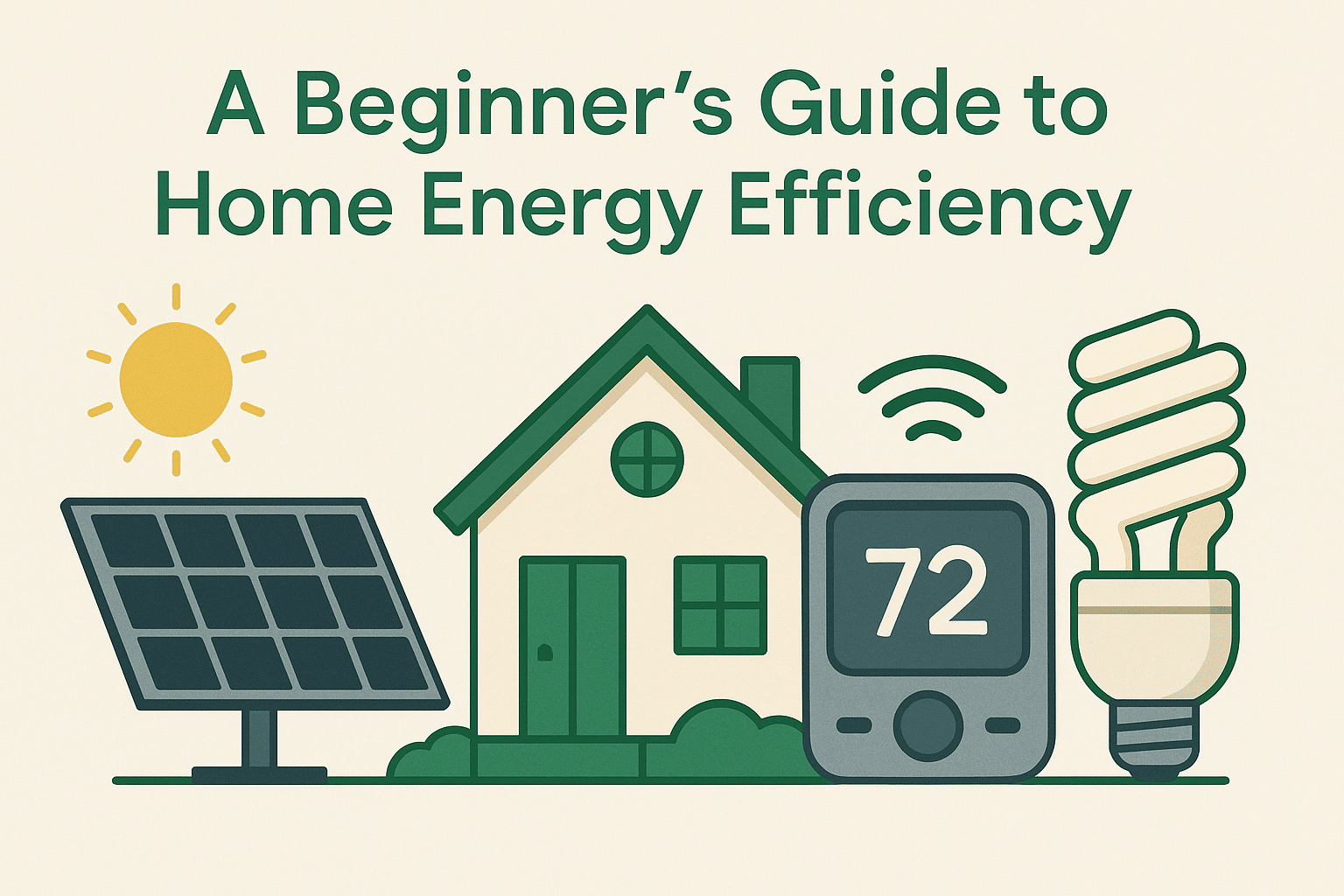In a fast-paced world where stress, loneliness, and anxiety are on the rise, many individuals are seeking meaningful ways to improve their mental health. One powerful, yet often underappreciated, method is volunteering. The benefits of volunteering for mental wellbeing extend far beyond altruism—it’s increasingly recognized as a proactive way to boost psychological health. Whether helping at a local food bank or mentoring a student online, volunteering offers not only community benefits but also significant mental health advantages.

Why Volunteering Matters for Mental Wellbeing More Than Ever
According to a 2023 report from the American Psychological Association, rates of anxiety and depression have increased globally, particularly among young adults. In response, mental health professionals and community leaders are placing greater emphasis on non-clinical interventions that foster connection and purpose. Volunteering stands out as one such intervention that bridges the gap between personal fulfillment and public good.
The Psychological Benefits of Volunteering for Mental Wellbeing
Numerous studies underscore the psychological benefits of giving time to others. Here are some of the core ways volunteering boosts mental wellbeing:
- Reduces Symptoms of Depression and Anxiety
- A 2020 study published in the Journal of Happiness Studies found that people who volunteer regularly reported lower levels of depression compared to non-volunteers. The structure, sense of purpose, and social interaction that come with volunteering contribute to this effect.
- Promotes Social Connection
- Social isolation is a known risk factor for many mental health issues. Volunteering fosters a sense of community and belonging, which can counteract feelings of loneliness and isolation.
- Increases Feelings of Purpose and Self-Worth
- Helping others can instill a sense of accomplishment and value. Volunteers often report greater satisfaction with life and a clearer sense of personal identity.
- Improves Cognitive Function in Older Adults
- A report from Harvard Health Publishing highlights that seniors who engage in regular volunteer work show slower cognitive decline and improved memory.
Emerging Trends in Volunteering and Mental Health
As digital transformation and hybrid lifestyles evolve, new forms of volunteering are emerging—making it more accessible and aligned with today’s mental wellness culture.
1. Micro-Volunteering
Short on time? Micro-volunteering offers bite-sized opportunities that take just a few minutes or hours. Apps and platforms like Be My Eyes or Catchafire allow people to contribute in flexible ways that fit modern schedules.
2. Virtual Volunteering
Remote opportunities have grown significantly since the pandemic. From offering emotional support through crisis hotlines to tutoring students in underserved areas, virtual volunteering allows people to contribute from the comfort of their homes—minimizing barriers while maximizing reach.
3. Therapeutic Volunteering Programs
Organizations like Give an Hour and VolunteerMatch have started tailoring programs specifically designed for people dealing with stress, trauma, or PTSD. These initiatives create supportive spaces where individuals can heal through helping others.
How to Start Volunteering for Your Mental Health
If you’re considering volunteering as a tool for boosting your mental wellbeing, here are some steps to help you begin:
Step 1: Identify Your Interests and Strengths
Think about causes that resonate with you. Are you passionate about the environment? Animal welfare? Education? Choosing something you care about increases the likelihood of a fulfilling experience.
Step 2: Choose the Right Format
Not everyone can commit to in-person volunteering. Look into virtual or micro-volunteering options if you need flexibility.
Step 3: Start Small
It’s okay to start with just an hour a week. The key is consistency. Small, regular acts of service can yield large mental health benefits over time.
Step 4: Reflect and Adjust
Keep a journal or use an app to track how volunteering makes you feel. Are you less stressed? More connected? Adjust your involvement as needed to keep it sustainable and beneficial.
Real Stories, Real Impact
Anna, a 34-year-old marketing executive, began mentoring through a local youth organization during the pandemic. Struggling with anxiety and isolation, she found that her weekly virtual calls gave her a sense of structure and joy. “I didn’t realize how much I needed that connection until I started helping someone else,” she said.
Similarly, David, a retired engineer, spends part of his week delivering meals to homebound seniors. “Volunteering keeps me active and gives me purpose. I sleep better and feel sharper,” he noted.
These stories aren’t unique—countless people report similar experiences. The benefits of volunteering for mental wellbeing are well-documented and increasingly relevant in today’s health-conscious society.
Final Thoughts: Volunteering as a Mental Health Strategy
Incorporating volunteering into your routine can be a low-cost, high-reward strategy for mental wellness. It’s not a replacement for clinical treatment when needed, but it can be a powerful supplement. With growing recognition of holistic health practices, volunteering is earning its place as a credible, research-supported method for improving mental wellbeing.
Whether you have a few hours a week or just a few minutes, the act of giving back can be transformative—not only for those you help but also for yourself.
References
- American Psychological Association. (2023). Stress in America 2023. https://www.apa.org/news/press/releases/stress/2023/report
- Journal of Happiness Studies. (2020). Volunteering and mental health outcomes. https://link.springer.com/article/10.1007/s10902-020-00252-8
- Harvard Health Publishing. (2021). Volunteering may be good for your health. https://www.health.harvard.edu/blog/volunteering-may-be-good-for-your-health-202106082460
- VolunteerMatch. (2024). https://www.volunteermatch.org/
- Give an Hour. (2024). https://giveanhour.org/






